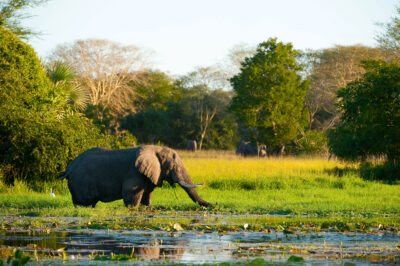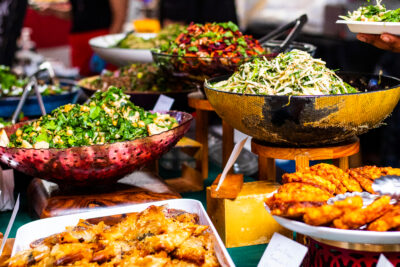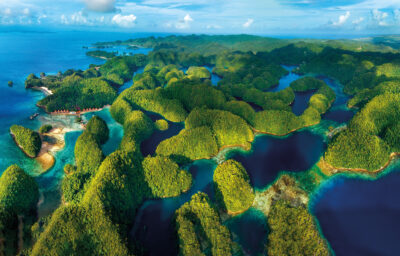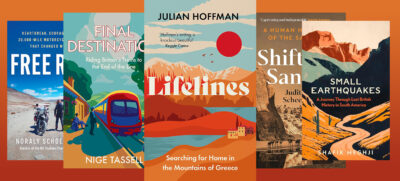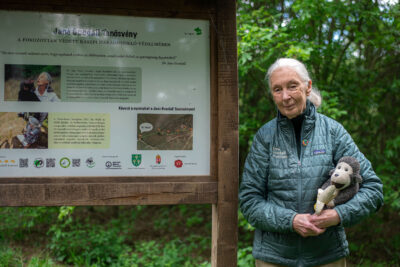
Remembering Jane Goodall
Wanderlust Founding Editor Lyn Hughes pays tribute to the renowned primatologist, who died earlier this week at the age of 91
The way the world views primates, and animals in general, is vastly different to the one in which I grew up – and that change is down to the work of Jane Goodall, the world-renowned primatologist who passed away earlier this week at the age of 91.
As a small child, I went to an event where all the children had their photo taken with a chimpanzee. Zoos would put on “tea parties” with chimps dressed in human clothes. A well-known tea brand used chimps in the same way in their commercials. Films and TV series would feature chimps again in an anthropomorphic way, treating them as small humans, and this was never questioned. They were just a cute-looking animal to be exploited. No one was asking what chimpanzees were really thinking, or what chimpanzee society was like.
Jane helped change that through her six decades of work which began in 1960. Then in her mid-20s, and with no formal training, renowned anthropologist Louis Leakey offered her the opportunity to go to Gombe Stream in Tanzania to study its chimpanzees. As an “amateur”, Jane was derided by the establishment when she started her work. But, as she was to say, her lack of formal training and experience was actually a blessing as she had no preconceptions. Her curiosity, open-mindedness and empathy was to shine a light on chimpanzee society and overturn what we thought we knew.
It’s through Jane that we learned that chimpanzees create and use tools, for instance using suitable sticks to “fish” for termites. It was through Jane that we learned chimps were not vegetarian, but ate meat too, and would cooperatively hunt. It was through Jane that we understood that chimp society was as complex, loving and brutal as our own.
I attended many talks and events featuring Jane, and was lucky enough to talk to her a few times, sometimes thrusting the latest Wanderlust into her hand (she was always very complimentary). On my own visit to Uganda this year to do some chimp-tracking, her name came up constantly among the researchers and guides I spoke to, and always in a respectful way. But her legacy is even more than her groundbreaking work on chimpanzees. She used her position and influence to inspire and inform on respect to all animals. In recent years she spent an increasing amount of time touring the world, not just encouraging empathy to animals, but talking of the need for a human connection with nature.
The world has lost a remarkable woman and force for good.





